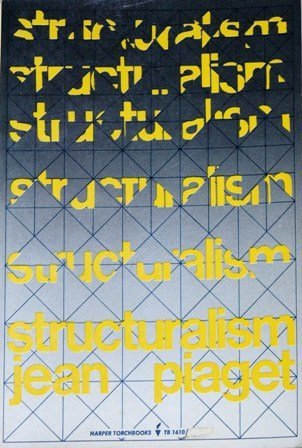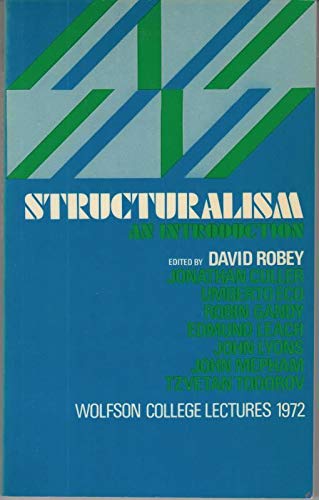Structuralism is an intellectual framework and method of analysis that seeks to uncover the underlying structures—systems of relationships, rules, and oppositions—that shape meaning, thought, and cultural practices. Originating in early 20th-century linguistics with Ferdinand de Saussure, it emphasizes that meaning arises not from isolated elements but from their position within a system of differences. Applied across disciplines, structuralism informs anthropology (Lévi-Strauss’s study of myths and kinship), literary criticism (Barthes’s narrative codes), psychology (Piaget’s cognitive structures), sociology (structural-functional models), and beyond, providing a systematic approach to analyzing language, culture, and human behavior through patterns and formal relations rather than individual phenomena.
 Introduction to Structuralism
by
Introduction to Structuralism
by
 Structuralism
by
Structuralism
by
 Structuralism: an introduction
by
Structuralism: an introduction
by
 S/Z
by
S/Z
by